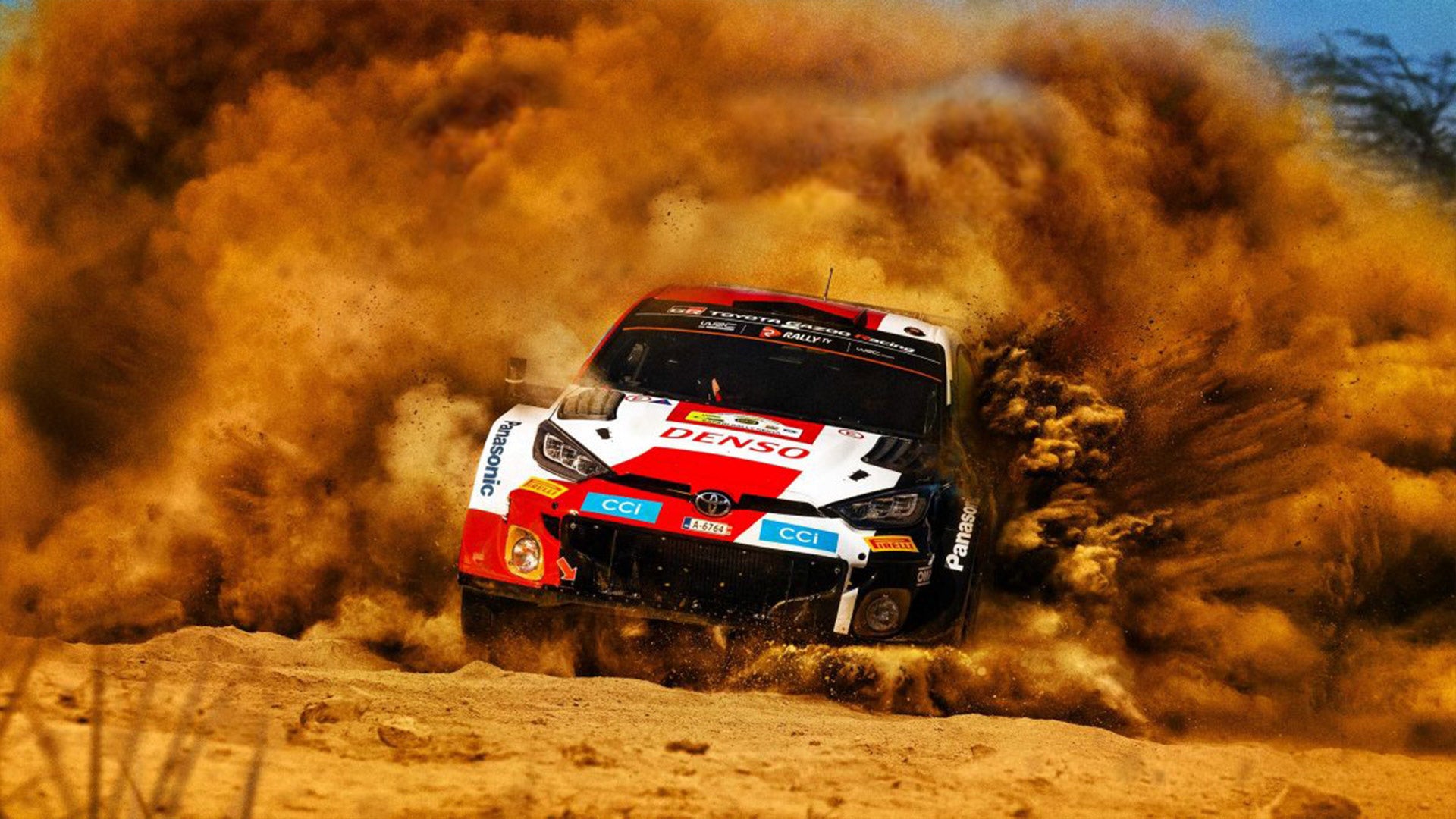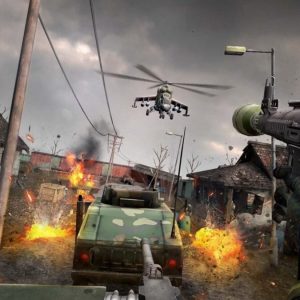
Released last week as a free update for EA Sports WRC, Central European Rally is a very fast-flowing tarmac rally. Debuting just this year in the real-life WRC, the new tri-nation event (co-hosted between Germany, Austria, and Czech Republic) was held in late October, 2023 – and its digital counterpart was still being pieced together at the time of EA Sports WRC’s own launch on October 31.
As an entirely asphalt event, Central European Rally enters the game as one of the trickier rallies players will face – or, at least, certainly those playing on gamepads. EA Sports WRC remains a twitchy mistress for those trying to tame the tarmac via a tiny analogue stick, so make sure to keep your inputs as smooth as possible.
Packed with high-speed sectors – but punctuated with plenty of junctions and harsh kinks to break them up – Central European Rally will reward players who can both keep it pinned when the roads straighten out, and attack the corners without losing too much momentum. With more space on the verges than you get at the likes Monte Carlo or Japan, and even Croatia and Iberia, it’s possible to push the envelope by cutting corners and running considerably wider on exits – but that’s still something you’ll need to do with a decent degree of finesse. This is especially true if you’re running a very firm tarmac set-up; hanging a wheel (or two) off the asphalt in this rally is all well and good considering there’s regularly nothing to run into – but it will definitely bounce you right out of control if you’re not careful.
In positive news, playing on Xbox Series X I only encountered one significant instance of screen tearing in the new Central European Rally stages. This is an issue that was a lot more prevalent around the game’s original launch, and one Codemasters has been addressing.
For its part, the studio maintains these issues weren’t known to the team prior to launch.
“The stuttering issues only emerged at launch, alongside a few other unknown issues, particularly among our PC players who exhibited various hardware configurations, but it wasn’t exclusive to that format,” says Codemasters creative director Matthew Battison. “Our teams have since been addressing these issues via our patches to enhance the performance and overall gaming experience, and both performance and visuals have vastly improved within a few days after launch.”
These issues arrived in the wake of a switch from Codemasters’ in-house engine (which underpinned Dirt Rally 2.0) to Unreal, but the team remains optimistic about the longer term benefits.
“Moving to Unreal was no easy undertaking, which meant we had to build many systems and tools from scratch,” explains EA Sports WRC game designer Jon Armstrong. Armstrong is also a real-life rally driver and was runner-up in the 2021 and 2022 Junior WRC (a competition for drivers under 29) and 2023 ERC3 champion (the second tier of the European Rally Championship).
“However, this has allowed us much more creativity and productivity than ever before,” he continues. “Track building lead times have been significantly reduced and our tracks are now over 30 kilometres in length and can be driven in any season. New tools have been made to improve processes in all departments, which had been impossible or time consuming before.”
“WRC has a rich history, and its future is just as exciting,” adds Battison. “There are still hundreds of kilometres of road and many more vehicles that we’re eager to incorporate into future iterations. As mentioned, moving to the Unreal Engine has allowed us to refine our working processes for an iterative title like WRC, and we’re excited to continue building on [its] early success.”
Luke is a Senior Editor on the IGN reviews team. You can chat to him on Twitter @MrLukeReilly.























